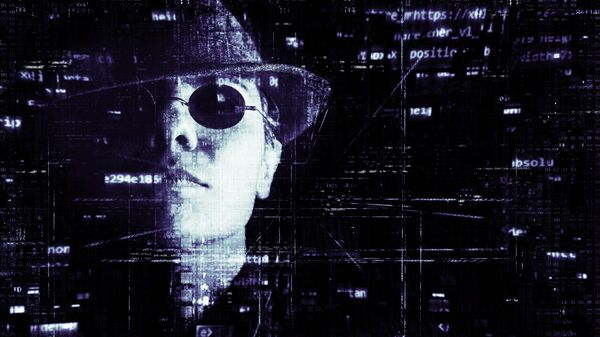BREAKING: Liberty gets go-ahead to challenge #SnoopersCharter in the High Court https://t.co/mH9DCxclg9 pic.twitter.com/nXZ5am71O5
— Liberty (@libertyhq) June 30, 2017
The Act — dubbed the "Snoopers' Charter" by critics — forces communications companies and service providers to retain and hand over logs of everybody's emails, phone calls, texts and entire web browsing history to state agencies to store, data-mine and profile at will.
High Court says we can challenge #SnoopersCharter surveillance. Massive thanks to all who supported our crowdfunder! https://t.co/mH9DCxclg9
— Liberty (@libertyhq) June 30, 2017
The government has claimed the Act is replete with robust checks and balances preventing bulk collection of data without proper independent oversight, via a "double lock" system that requires judicial authorization, although critics have claimed this is purely a "tick box" exercise.
In December 2016, the European Court of Justice ruled many of the powers in the 2014 Data Retention and Investigatory Powers Act — the previous law governing UK state surveillance — were unlawful. Nonetheless, Liberty believes many of the Act's principles and practices are directly emulated by the IPA.
As a testament to the high levels of public opposition to the IPA, the challenge was crowdfunded via CrowdJustice, and raised over US$65,000 (£50,000) from private individuals in under a week, well in excess of its initial US$13,000 (£10,000).
Furthermore, over 200,000 signed a petition calling for the repeal of the Investigatory Powers Act after it was passed by Parliament in November 2016, although Parliament's Petitions Committee decided against further debate on the issue.
Liberty is concerned the bill passed in an atmosphere "of shambolic political opposition" — the government failed to provide evidence surveillance of all UK citizens was lawful or necessary, and ignored warnings from whistleblowers and experts that the powers would inversely make it more difficult for security services to do their jobs effectively.
The High Court has also allowed Liberty to seek permission to challenge three other elements of the Act, once the government publishes further codes of practice.
These include bulk and "thematic" hacking, which Liberty says allows police and agencies to covertly access, control and alter electronic devices such as computers, phones and tablets on an industrial scale, irrespective of whether their owners are suspected of involvement in crime, and bulk interception and acquisition of communications content, which lets authorities read texts, online instant messages and emails, and listen in on calls en masse, without requiring suspicion of criminal activity.
Moreover, the group is challenging the portion of the IPA that pertains to bulk personal datasets, which allows agencies to acquire and link vast databases held by the public and private sector, containing details on religion, ethnic origin, sexuality, political leanings and health problems, potentially on the entire population.
Martha Spurrier, Director of Liberty, said the organization was delighted to have been granted permission to challenge the "authoritarian" surveillance system established by the IPA.
"It's become clearer than ever in recent months this law is not fit for purpose. The government doesn't need to spy on the entire population to fight terrorism. All that does is undermine the very rights, freedoms and democracy terrorists seek to destroy — and as increasingly frequent hacking attacks bring businesses and public bodies to their knees, our government's obsession with storing vast amounts of sensitive information about every single one of us looks dangerously irresponsible," Spurrier added.
Liberty is not the only group to launch a legal challenge against the controversial Act.
In June, Privacy International once again sought to challenge the government, arguing UK intelligence agency GCHQ has no clear authority under UK law to conduct hacking operations.
Their first such action was attempted in May 2014, when the group claimed the agency's hacking capabilities — as revealed by former NSA contractor Edward Snowden — included the ability to activate a device's microphone and webcam.



